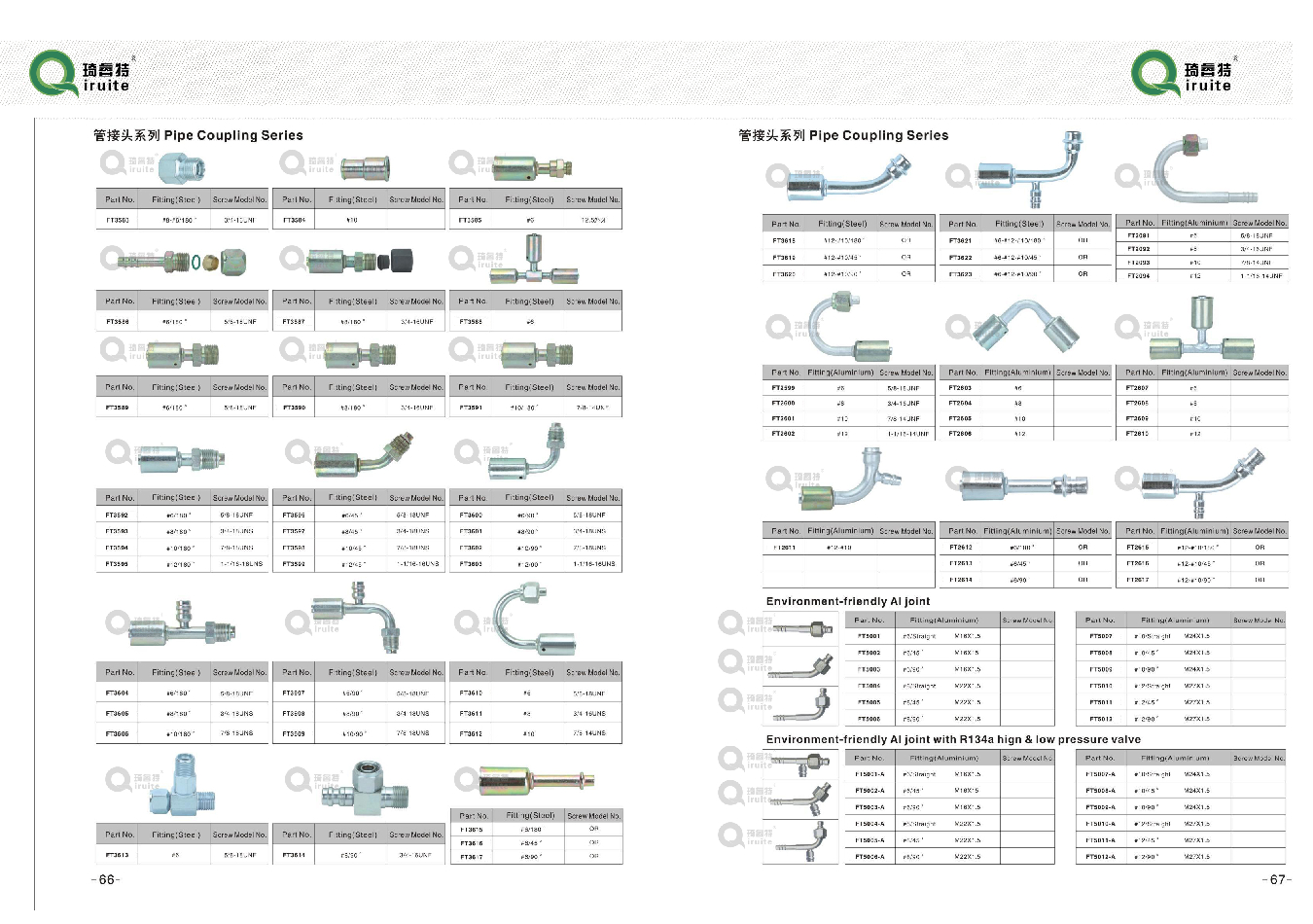Replacing Power Steering Hose on a PT Cruiser Step-by-Step Guide and Tips
Replacing the Power Steering Hose on a PT Cruiser
The PT Cruiser, with its distinctive retro styling and practical design, has captured the hearts of many car enthusiasts. However, like any vehicle, it can experience issues over time, particularly with its power steering system. One of the common maintenance tasks for PT Cruiser owners is replacing the power steering hose. In this article, we will guide you through the process, helping you to regain smooth steering performance in your beloved Cruiser.
Understanding the Power Steering System
Before diving into the replacement process, it’s essential to understand the role of the power steering hose. The power steering system uses hydraulic fluid to assist the driver in steering the vehicle. The power steering hose carries this fluid between the power steering pump and the steering gear. If this hose develops a leak or shows signs of wear, it can lead to poor steering response and potential damage to the power steering pump.
Signs of a Failing Power Steering Hose
Recognizing the symptoms of a failing power steering hose is key to timely replacement. Common signs include
1. Fluid Leaks Puddles of red or clear fluid on the ground near the front of your vehicle can indicate a leak in the power steering system. 2. Steering Difficulty If you find it increasingly difficult to steer, especially at low speeds, this may signal a problem with the power steering hose. 3. Whining Noise A whining or groaning noise when turning can be a sign that the power steering pump is struggling due to low fluid levels caused by a leak.
If you observe any of these symptoms, it’s time to replace the power steering hose.
Tools and Materials Needed
Before beginning the replacement, gather the necessary tools and materials - New power steering hose (verify compatibility with your PT Cruiser model) - A socket and ratchet set - Pliers - Fluid catch pan - Power steering fluid - Shop towels or rags
Step-by-Step Replacement Process
pt cruiser power steering hose replacement

1. Safety First Park your PT Cruiser on a flat surface, turn off the engine, and engage the parking brake. Allow the engine to cool down.
2. Drain the Old Fluid Place a fluid catch pan under the power steering pump. Using pliers, loosen the clamp on the old hose and carefully disconnect it. Let any remaining fluid drain into the catch pan.
3. Remove the Old Hose With the hose detached from the pump, locate the connection at the steering gear. Use your socket set to remove any bolts or fasteners holding the hose in place. Carefully remove the hose from the vehicle, taking note of how it is routed.
4. Install the New Hose Position the new power steering hose in the same routing as the old one. Connect it to the steering gear, tightening any necessary bolts.
5. Reconnect the Hose to the Pump Attach the other end of the new hose to the power steering pump, securing it with the clamp.
6. Refill Power Steering Fluid With the new hose in place, refill the power steering reservoir with new power steering fluid. Make sure to use fluid that meets the manufacturer’s specifications.
7. Check for Leaks Start the engine and turn the steering wheel from side to side to circulate the fluid through the system. Inspect the newly installed hose and connections for any signs of leaks. Check fluid levels again and add as necessary.
8. Test Drive Take your PT Cruiser for a short test drive to ensure that the steering is functioning properly. Listen for any unusual noises and check the steering response.
Conclusion
Replacing the power steering hose on a PT Cruiser is a manageable task for most DIY enthusiasts. By addressing this issue promptly, you can ensure your vehicle remains easy to drive and functional. Regular maintenance, including checks of your power steering system, will enhance the longevity of your car and the safety of your driving experience. Enjoy the road with your newly revived PT Cruiser!
-
Reliable Brake Line Solutions for Your VehicleNewsJun.05,2025
-
Quick Fix for Leaky Air Conditioning HosesNewsJun.05,2025
-
Powerful Sewer Jetting Solutions for Tough ClogsNewsJun.05,2025
-
Power Steering Hose Problems SolvedNewsJun.05,2025
-
Hose Protectors That Actually WorkNewsJun.05,2025
-
Essential Hose Connectors for Every HomeNewsJun.05,2025

